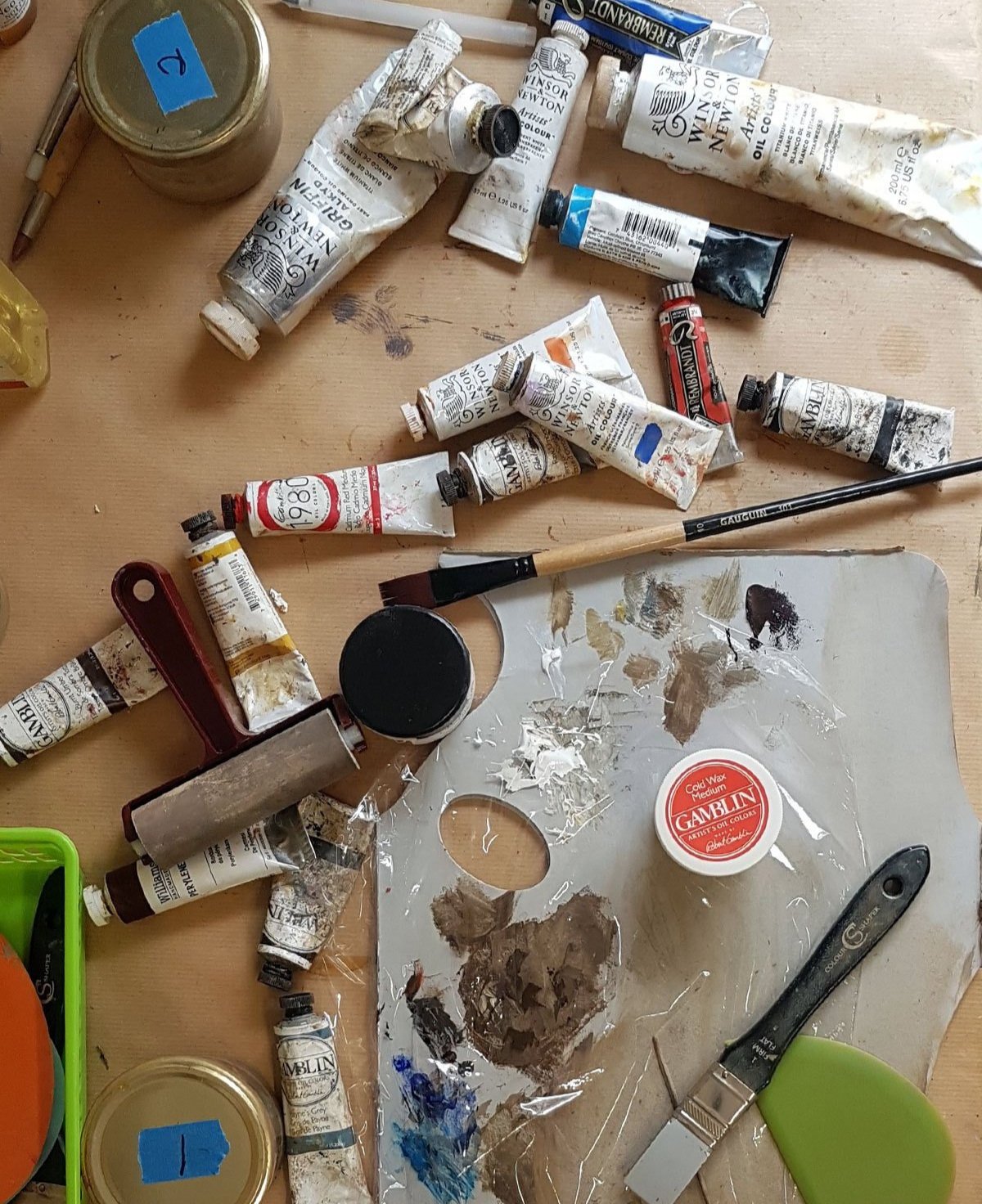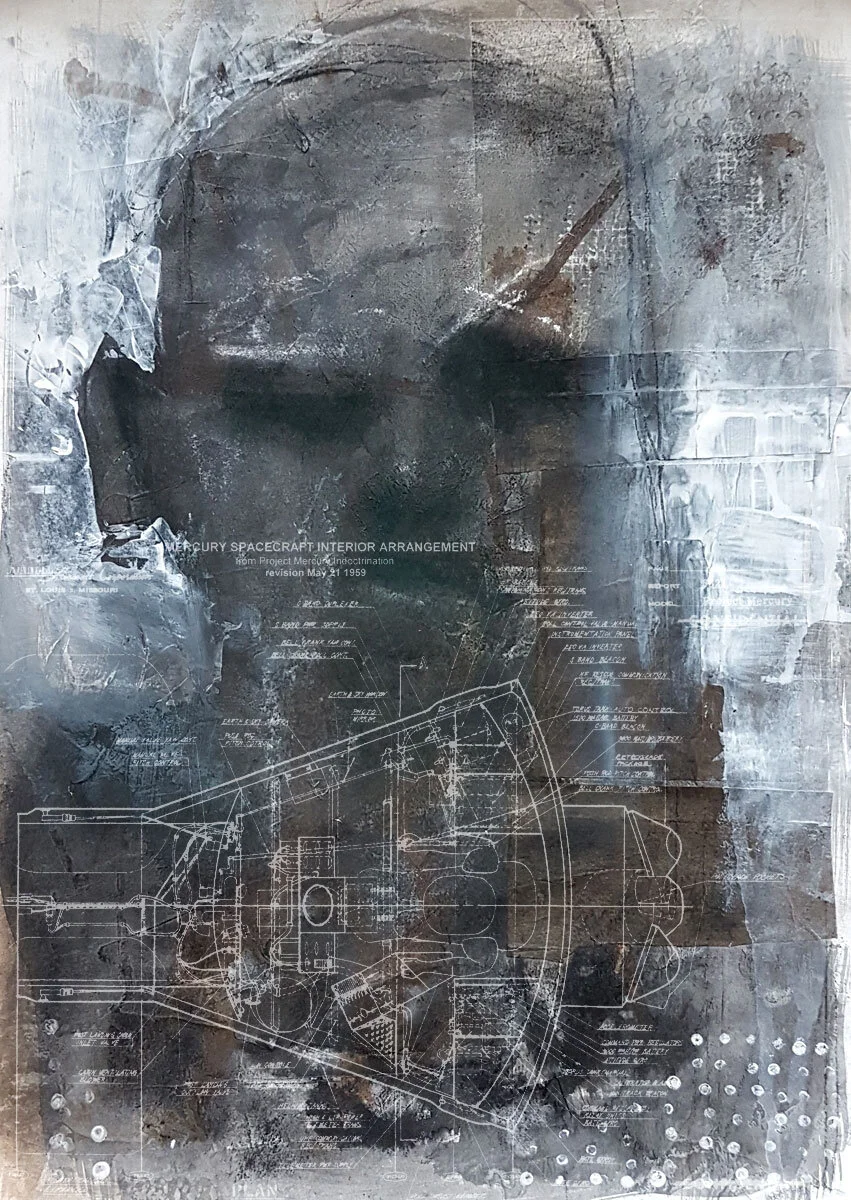Blog Posts / Getting Things Done
When you can’t think yourself out of a problem, it’s time to act. But taking action doesn’t mean that the action has to be big or even that you have to be particularly sure about it. In fact, often the best actions are small experimental ones. This small experiment approach is what I’ve been using to try and break through my creative block.
My brain is so overloaded these days that it’s affecting my creative work. It’s time for a mental spring cleaning! Over the past week, I’ve been using the KonMari method to tidy up my mind and close out the open cognitive loops of mental clutter.
Artists communicate not just through art but also about art. We talk about our work. We teach. We care about helping people understand. And yet in our excitement to share everything we know, it is all too easy to share too much. To think about content but not form. And so, like so many well-intentioned communicators, we end up overwhelming or boring our audience. We can do better.
When it comes to planning, why do we tend to overestimate our abilities and underestimate time and costs? This year, I’m coupling my annual art practice planning with a “premortem” technique. Read on to learn more about cognitive biases, premortems, and my own Christmas Carol inspired process.
Is it really fear we feel when we worry about what other people think about us or our work? Reframing “fear” in this context as “vulnerability” helps identify a range of useful strategies for thriving in an uncertain social environment.
Is it really fear we feel when we are in situations where we don’t know what we’re doing? Reframing “fear” in this context as “confusion” can help us identify a broad range of strategies for what to do when we feel out of our depth.
Is it fear that artists and writers feel when facing the blank canvas or page? Reframing fear in this context as uncertainty about how to make a start or keep going can help us identify concrete ways to become unstuck.
Sometimes what we label as fear is really uncertainty, confusion, or vulnerability. Read on to learn how reframing fear can lead to problem-solving solutions that are more useful than the vague encouragement to “be brave.”
Your brain’s tendency to keep reminding you of unfinished tasks can leave you feeling overwhelmed. But you can use the mental pull of the unfinished to your advantage in jumpstarting your day or starting something new.
Are unsolved problems rattling around in your brain and keeping you up and night? You can work to quiet this ongoing mental activity or you can harness it by calling on your subconscious for a problem-solving assist.
A quirk of human cognition is that we are much better at remembering the things we haven’t finished than we are at remembering the things we have. This can leave us stressed out and feeling unproductive. What to do?
Always trying to do your best can keep you from getting things done.
Limiting choices can give your brain a rest and, paradoxically, increase creativity.
“How do I motivate myself?” is the wrong question to ask.
I have been interested in observing people and making art as far back as I can remember. Now, I’m combining these interests in my new blog.

















In a world designed to capture our attention through ever more sophisticated means, perhaps the most revolutionary thing we can do is to decide for ourselves, with intention and care, what to pay attention to and what to ignore. A rational inattention approach can help us do just that.